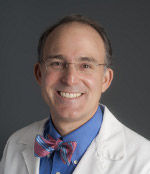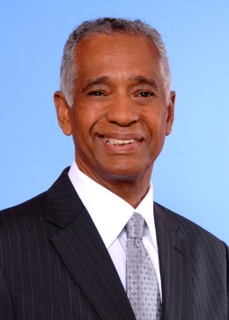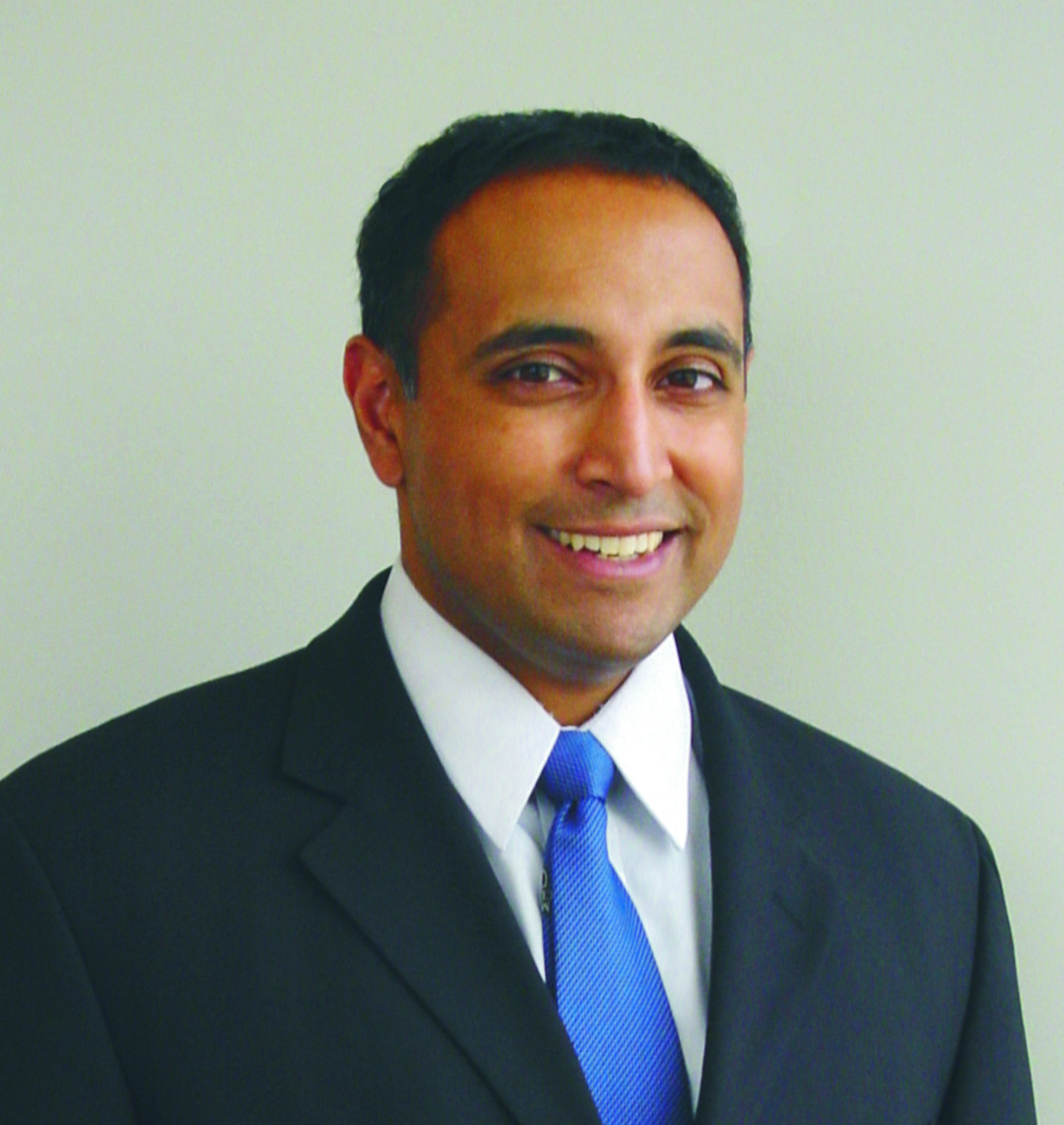Three ophthalmologists discuss the clinical and technology changes occurring for eye surgery procedures in ambulatory surgery centers.
 Jorge G. Arroyo, MD, Founder, EYESPOT: As our technologies increase the number of conditions we can treat, there will be more options available for patients who require multiple treatment, such as in the case of wet macular degeneration. This is only going to further increase the burden on physicians. In a sense, we have both a growing demographic and growing number of treatments available to each of our patients.
Jorge G. Arroyo, MD, Founder, EYESPOT: As our technologies increase the number of conditions we can treat, there will be more options available for patients who require multiple treatment, such as in the case of wet macular degeneration. This is only going to further increase the burden on physicians. In a sense, we have both a growing demographic and growing number of treatments available to each of our patients.
Malvin Anders, MD, Chief of Ophthalmology, Los Angeles County+University of Southern California Medical Center: The most commonly performed ophthalmic procedure in ASCs for the past 15 to 20 years has been cataract surgery. Indeed it is one of the largest volume procedures of all surgeries nationally, and that will continue to be a big part of ASC activity.
years has been cataract surgery. Indeed it is one of the largest volume procedures of all surgeries nationally, and that will continue to be a big part of ASC activity.
Most of us use ultrasound energy to literally soften the cataract and then aspirate it out of the eye. There is now a procedure where most of this can be done with a laser. It's becoming more popular and available around the country and is the likely future of cataract surgery if cost issues can be managed. Originally this laser was used for corneal refractive surgery, and as surgeons have become more experienced with it, new indications have been identified.
Rajesh K. Shetty, MD, Florida Eye Specialists: We face a lot of challenges today. As a third generation physician, I realize that we are facing more economic challenges than ever before. Although that's somewhat depressing and burdensome to our quality of life, I'm still very optimistic about the future as I think technology will push us to be better physicians and achieve better results for our patients especially in ophthalmology.
There is a lot of new technology in the last decade that makes our procedures without question much safer, faster and more effective. Recently, laser cataract surgery technology and various treatments for macular degeneration have improved our capabilities immensely.
 We are getting better so our patients can have a higher quality of care than they did even a few years ago. Statistics that suggest that technology has not made the American health care system better does not fit with what we experience everyday in the operating room and the clinic.
We are getting better so our patients can have a higher quality of care than they did even a few years ago. Statistics that suggest that technology has not made the American health care system better does not fit with what we experience everyday in the operating room and the clinic.
More Articles on Surgery Centers:
6 Surgery Center Administrators on Best Facility Benchmarks
30 Statistics on Surgery Center Payer Mix Across the US
7 Steps to Plan for Sustainable, Long Term ASC Success
 Jorge G. Arroyo, MD, Founder, EYESPOT: As our technologies increase the number of conditions we can treat, there will be more options available for patients who require multiple treatment, such as in the case of wet macular degeneration. This is only going to further increase the burden on physicians. In a sense, we have both a growing demographic and growing number of treatments available to each of our patients.
Jorge G. Arroyo, MD, Founder, EYESPOT: As our technologies increase the number of conditions we can treat, there will be more options available for patients who require multiple treatment, such as in the case of wet macular degeneration. This is only going to further increase the burden on physicians. In a sense, we have both a growing demographic and growing number of treatments available to each of our patients.Malvin Anders, MD, Chief of Ophthalmology, Los Angeles County+University of Southern California Medical Center: The most commonly performed ophthalmic procedure in ASCs for the past 15 to 20
 years has been cataract surgery. Indeed it is one of the largest volume procedures of all surgeries nationally, and that will continue to be a big part of ASC activity.
years has been cataract surgery. Indeed it is one of the largest volume procedures of all surgeries nationally, and that will continue to be a big part of ASC activity. Most of us use ultrasound energy to literally soften the cataract and then aspirate it out of the eye. There is now a procedure where most of this can be done with a laser. It's becoming more popular and available around the country and is the likely future of cataract surgery if cost issues can be managed. Originally this laser was used for corneal refractive surgery, and as surgeons have become more experienced with it, new indications have been identified.
Rajesh K. Shetty, MD, Florida Eye Specialists: We face a lot of challenges today. As a third generation physician, I realize that we are facing more economic challenges than ever before. Although that's somewhat depressing and burdensome to our quality of life, I'm still very optimistic about the future as I think technology will push us to be better physicians and achieve better results for our patients especially in ophthalmology.
There is a lot of new technology in the last decade that makes our procedures without question much safer, faster and more effective. Recently, laser cataract surgery technology and various treatments for macular degeneration have improved our capabilities immensely.
 We are getting better so our patients can have a higher quality of care than they did even a few years ago. Statistics that suggest that technology has not made the American health care system better does not fit with what we experience everyday in the operating room and the clinic.
We are getting better so our patients can have a higher quality of care than they did even a few years ago. Statistics that suggest that technology has not made the American health care system better does not fit with what we experience everyday in the operating room and the clinic.More Articles on Surgery Centers:
6 Surgery Center Administrators on Best Facility Benchmarks
30 Statistics on Surgery Center Payer Mix Across the US
7 Steps to Plan for Sustainable, Long Term ASC Success

